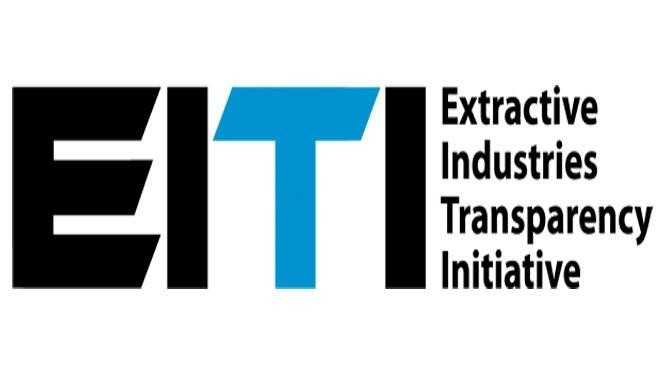Nigeria has called on the global Extractive Industries Transparency Initiative (EITI) to shift its current priorities to the pursuit of visible impacts in the implementation of the Initiative in member countries.
Executive Secretary of Nigeria Extractive Industries Transparency Initiative (NEITI) Mr. Waziri Adio made the call while addressing the International Board of EITI at its recently concluded meeting in Berlin, Germany, according to a statement by NEITI’s Director, Communications and Advocacy, Orji Ogbonnaya Orji.
Mr. Adio explained that the current focus by EITI on member countries to attain satisfactory progress in the implementation of EITI standard is not enough if the efforts do not translate to visible impacts in areas of poverty reduction and improved standard of living of citizens.
In his presentation to the EITI Board entitled, “EITI Impact and Outlook in Nigeria”, Mr. Adio conveyed Nigeria’s concerns that little or no attention is given to context and diversity of implementing countries especially those in developing countries.
“Out of seven categories in the EITI Validation requirements, only one is focused on impact and outcome while out of EITI thirty-three requirements, only four are on impacts and outcome,” Adio pointed out.
He identified key areas where Nigeria has made huge positive impacts in the implementation of EITI to include improvement in revenue recovery and generation of credible data for advancement of citizens’ engagement and debate required to push reforms in the extractive industry.
He informed the Board that NEITI’s operations in the oil and gas sector in Nigeria have so far led to recovery of revenues in excess of $3 billion from companies to government coffers.
“In addition, recoverable revenues in excess of $20 billion in the sector have been disclosed by NEITI reports over the years. The recoverable revenues are from process lapses leading to under-assessment or underpayments of taxes, royalties, signatures bonuses etc. or both,” Adio said.
He further explained that through regular publications of credible and accessible critical data, NEITI has succeeded in opening up previously opaque sector to public scrutiny, thus increasing citizens’ demands for reforms.
While welcoming the EITI Validation process designed to hold all implementing countries to the same standard, he however noted that such an important exercise needs to recognize and encourage impacts recorded by member countries.
The EITI 20 member Board chaired by the former Prime Minister of Sweden is drawn from all parts of the world. The Board develops and shapes the policy direction of EITI that guides the 51 member countries in the organization.






























